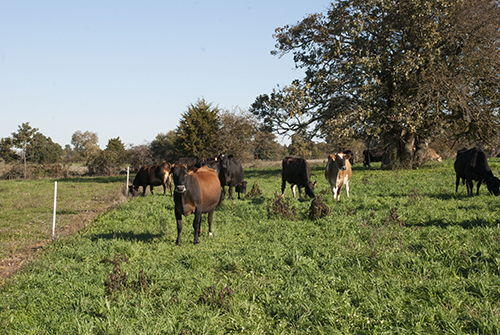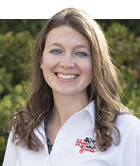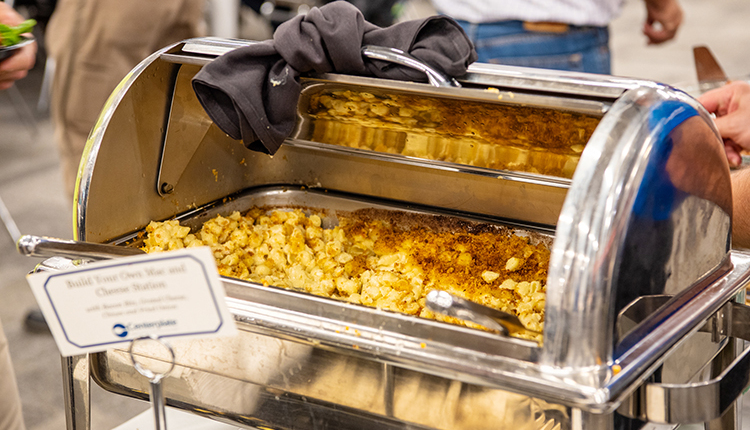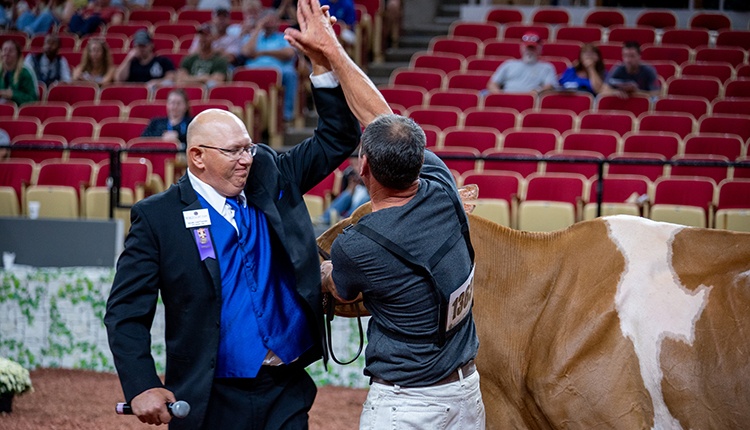
Organic dairy product consumption continues to grow, but so does the price of organic cattle feed, cutting into margins for dairy producers. Thus, a new study has revealed that a fair and consistent milk price is the top concern for organic producers.
Researchers with the New Hampshire Agricultural Experiment Station and the University of New Hampshire College of Life Sciences and Agriculture surveyed 183 organic dairy farmers in Massachusetts, Maine, New Hampshire, New York, Pennsylvania and Vermont during the spring of 2011. The average Northeastern organic farm in the survey consisted of 57 milking cows and 309 acres. Three-quarters of the farms grew their own forage but purchased grains. On average, the farms were certified organic for 7.6 years.
They found that 85 percent of the respondents ranked a steady, fair milk price as their top challenge and highest priority. Even though the market price for organic milk has been fairly stable in recent years, the cost of organic grain has skyrocketed from $380 per ton in 2006 to $720 per ton in 2012, greatly impacting profit margins.
In terms of animal health, integrated pest management (fly control) was identified as the top challenge and priority. The second major health challenge was controlling mastitis. Mastitis ranked as a challenge or somewhat of a challenge for 81.5 percent of farmers in the survey with no significant difference between regions or among herd size.
Respondents also highlighted top needs for additional research, including organic treatments for mastitis (92 percent), growing forages for organic production (84 percent), and developing value-added products (84 percent).
Despite the challenges, organic dairy production continues to grow. Between 2000 and 2008, the number of organic dairy cows in the U.S. rose from 38,000 to more than 249,000. That is an annual average growth rate of 69 percent, according to USDA data. More than 80 percent of all U.S. certified organic dairies are in the Northeast and Upper Midwest.
 The author is an associate editor and covers animal health, dairy housing and equipment, and nutrient management. She grew up on a dairy farm near Plymouth, Wis., and previously served as a University of Wisconsin agricultural extension agent. She received a master's degree from North Carolina State University and a bachelor's from University of Wisconsin-Madison.
The author is an associate editor and covers animal health, dairy housing and equipment, and nutrient management. She grew up on a dairy farm near Plymouth, Wis., and previously served as a University of Wisconsin agricultural extension agent. She received a master's degree from North Carolina State University and a bachelor's from University of Wisconsin-Madison.








